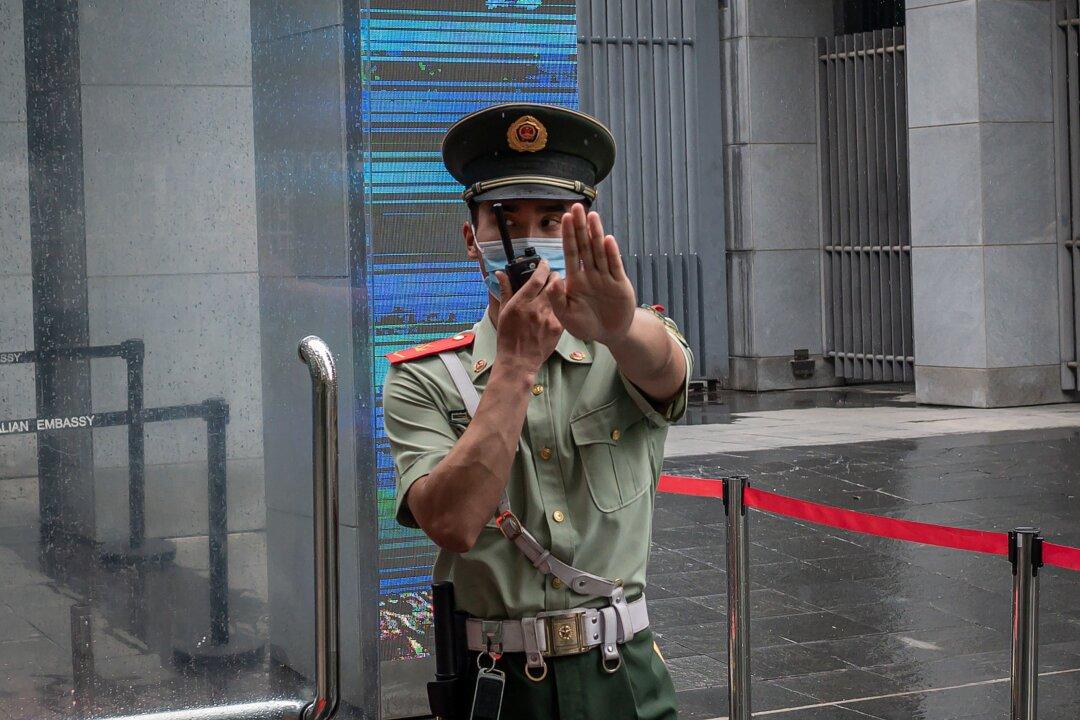A team of senior Australian representatives from industry, government, academia, media, and the arts will seek to find common ground with their Chinese counterparts as Canberra and Beijing resume bilateral dialogues in Beijing this week.
This will be the first time in three years the talks have been held following the break in diplomatic relations between Australia and China in 2020, following the Australian government’s push for an independent inquiry into the origins of COVID-19.




